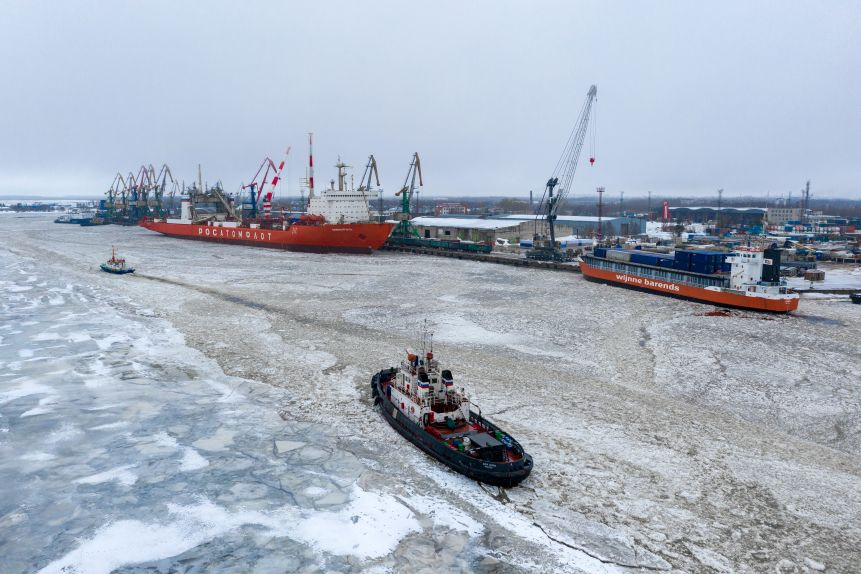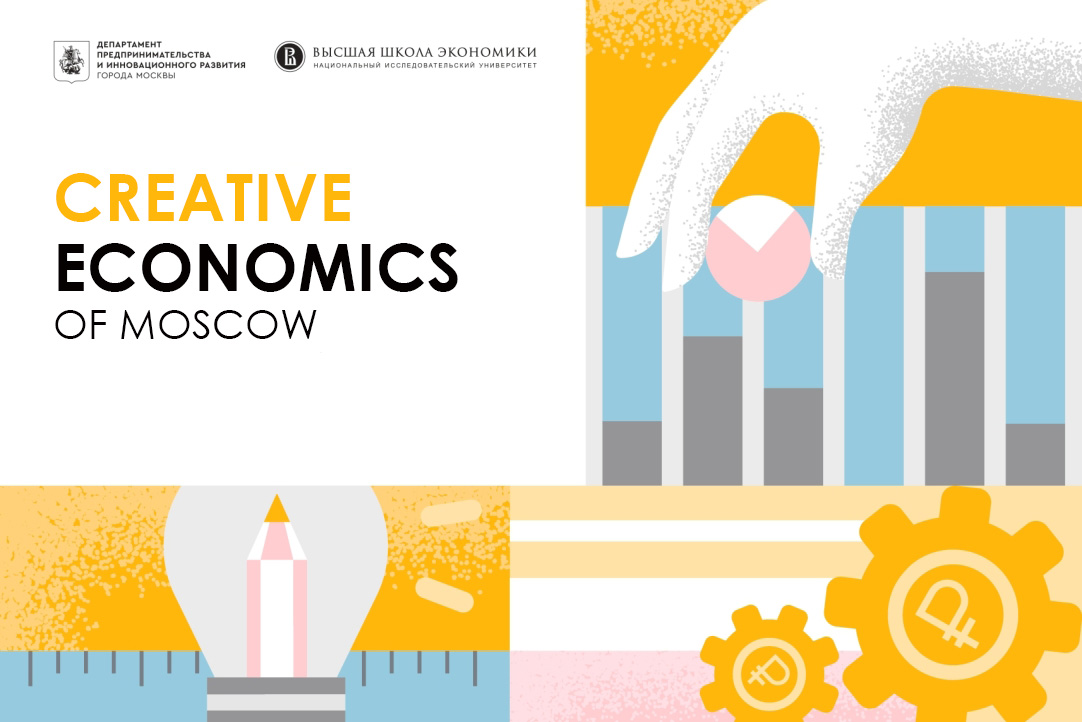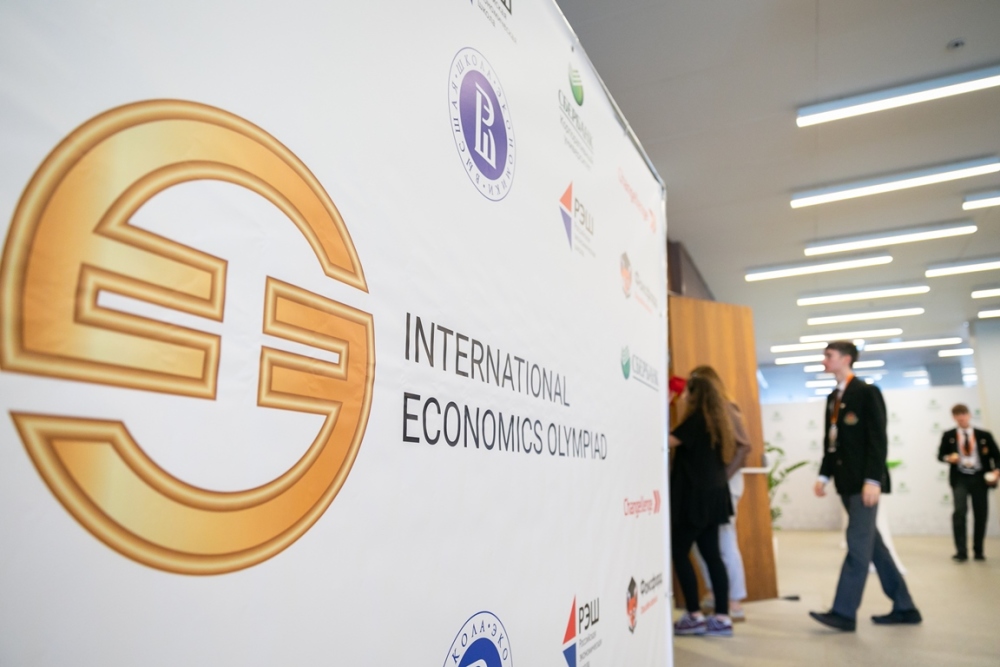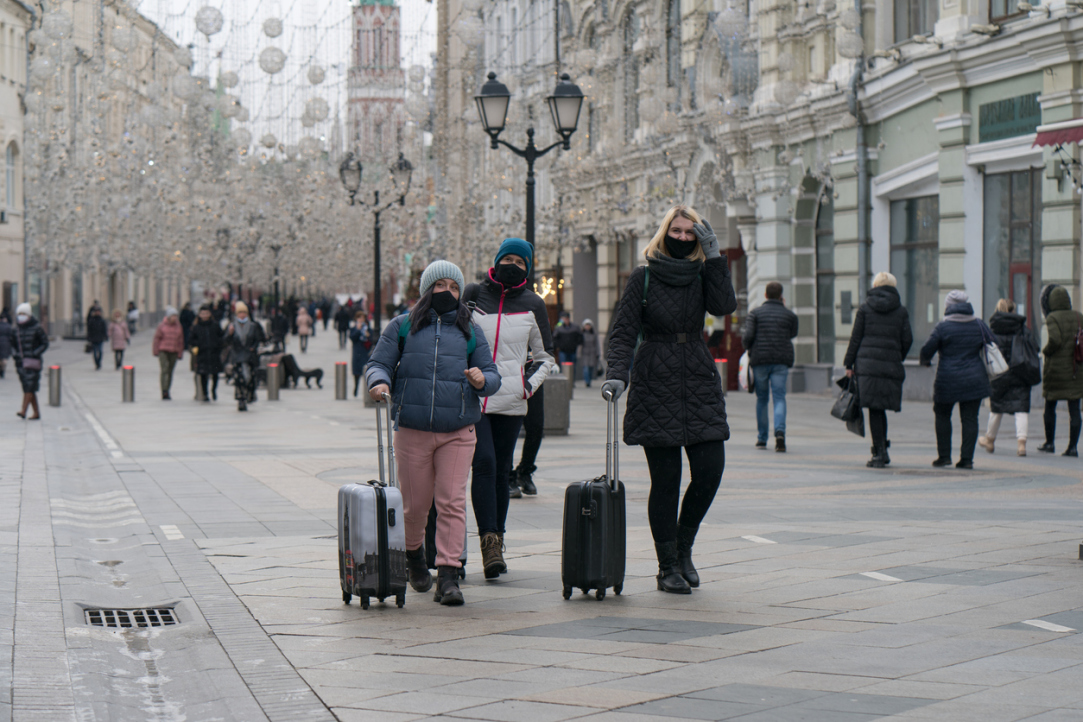
Baselines and Historical Territorial Waters: How Russia Can Protect Its Rights in the Artic
Climate change-induced ice melting in the Arctic has led to contradictions in the assessment of Russia’s rights in the region. As ice cover diminishes, Russia may be losing its influence on the territories that it has historically developed. This is partially due to the changing width of territorial waters by low-water lines. However, there are alternative legally valid ways to establish fair borders, which are described by researchers of the HSE Institute of Ecology in their paper ‘Prospects for the evolution of the system of baselines in the Arctic’.
HSE Researcher Named First Winner of British Early Career Researchers Award
The British Educational Research Association, BERA, has announced the winners of its Early Career Researchers Award, founded this year to recognize emerging researchers. The new award’s first two winners are Saule Bekova, Research Fellow at theInstitute of Education of the Centre of Sociology of Higher Education, and Binwei Lu of Durham University (UK). In the announcement, the organizing committee praised them as ‘outstanding scholars’ and noted the potential significance of their research for the field of education.

Creative Moscow: Ahead of Hong Kong and Melbourne, but Far behind Beijing and London
Moscow is not only Russia’s official capital, but its creative capital as well. 54% of the added value of the country’s creative industries is generated here. This was one of the findings presented in the report, ‘Moscow’s Creative Economy in Figures’, prepared jointly by HSE researchers and the Moscow Department of Entrepreneurship and Innovative Development.

Faster and More Precise: Researcher Improves Performance of Image Recognition Neural Network
A scientist from HSE University has developed an image recognition algorithm that works 40% faster than analogues. It can speed up real-time processing of video-based image recognition systems. The results of the study have been published in the journal Information Sciences.

‘Not Testing the Knowledge, But Testing Whether You Are Ready to Interact with Reality’
The roundtable "Teaching Economics to High School Students: Curricula, Practices, Competitions" took place as part of the XXII April International Academic Conference on Economic and Social Development. Danil Fedorovykh, Deputy Vice Rector of HSE University and the President of the Executive Board of the International Economics Olympiad (IEO), initiated the session. Alexander Zhitkovskiy, Head of the Project Laboratory for Development of Intellectual Competitions in Economics (Faculty of Economic Sciences, HSE University), was the co-moderator.

The Core of the Nesting Doll: What a Comparison of the April Conference, the World Economic Forum, and the Gaidar Forum Reveals
This year the April International Academic Conference on Economic and Social Development took place for the twenty-second time, and, for the first time, Sberbank joined HSE University as a co-organizer of the event. Research assistants of the Economic Journalism Laboratory, headed by Nikolay Vardul, analyzed the agenda of the April Conference and compared it with those of other major forums. The findings of the study can be found among the laboratory’s publications.

Mirror Labs: A Geographic Effect
The HSE Laboratory for Neurobiological Foundations of Cognitive Development (Neuropsy Lab) is one of 13 winners of the HSE Mirror Laboratories Competition and the only lab headed by an international faculty member. The Neuropsy Lab’s partner institution is the Scientific and Educational Centre for Interdisciplinary Research and Art Technologies based out of Ulyanovsk State University. The HSE Look spoke about this collaboration with the lab’s head – Dr Marie Arsalidou, Associate Professor at the HSE School of Psychology.

Open-Source GPU Technology for Supercomputers: Researchers Navigate Advantages and Disadvantages
Researchers from the HSE International Laboratory for Supercomputer Atomistic Modelling and Multi-scale Analysis, JIHT RAS and MIPT have compared the performance of popular molecular modelling programs on GPU accelerators produced by AMD and Nvidia. In apaper published by the International Journal of High Performance Computing Applications, the scholars ported LAMMPS on the new open-source GPU technology, AMD HIP, for the first time.

Mothers of Three and More Children Face Career Struggles
Well-educated women having three or more children often try to return to work after maternity leave but face penalties for motherhood and 'overqualification', as potential employers offer them lower paid, lower-ranking jobs and treat them as second-rate employees. Some mothers of many children choose to leave the labour market altogether. A paper by Zlata Dorofeeva, Research Fellow of the HSE Institute for Social Policy's Centre for Longitudinal Studies, offers an insight into the career struggles faced by mothers of many children in Russia.

Cyber Performance, PROK Cinema, and Digital Art: The Development of Art and Art Research in the 21st Century
From April 21 to 23, 2021, a major online conference of the HSE Art and Design School and the Doctoral School of Art and Design was held on ‘Theories and Practices of Art and Design: Sociocultural, Economic and Political Contexts.’ Experts discussed educational practices in art, its contemporary state, the impact of technology, and prospects for the art industry’s future development.

